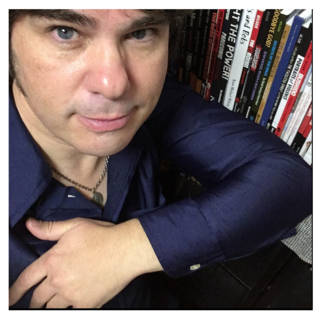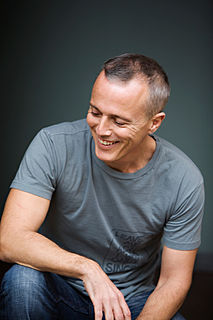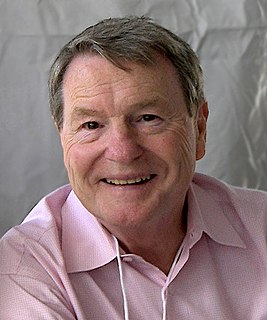A Quote by John Dufresne
It's easier to write about a place sometimes when you've left it, when you can apply your imagination to your memory and let your emotions guide the writing about a place.
Related Quotes
What you need to know about the next piece is contained in the last piece. The place to learn about your materials is in the last use of your materials. The place to learn about your execution is in your execution. Put simply, your work is your guide: a complete, comprehensive, limitless reference book on your work.
Memory and the imagination are almost identical. It's the same place in the brain and the same thing is happening. When you think about your own life, there are no memories without place. You are always situated somewhere. I think the imagination - the narrative imagination at least - situates you in a specific space when you start to think of a story. I often use places I know. I put my characters inside rooms and houses that I'm familiar with - sometimes the houses of my parents or grandparents or previous apartments I've lived in.
Over the next four days, I want you to write about your deepest emotions and thoughts about the most upsetting experience in your life. Really let go and explore your feelings and thoughts about it. In your writing, you might tie this experience to your childhood, your relationship with your parents, people you have loved or love now or even your career. How is this experience related to who you would like to become, who you have been in the past, or who you are now?.
Take risks ... be willing to put your mind and your spirit, your time and your energy, your stomach and your emotions on the line. To search for a safe place, to search for an end to a rainbow, is to search for a place that you will hate once you find it. The soul must be nourished along with the bank account and the resume. The best nourishment for any soul is to create your own risks.
But do you know this idea of the imaginary homeland? Once you set out from shore on your little boat, once you embark, you'll never truly be at home again. What you've left behind exists only in your memory, and your ideal place becomes some strange imaginary concoction of all you've left behind at every stop.



































